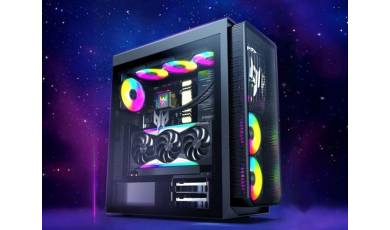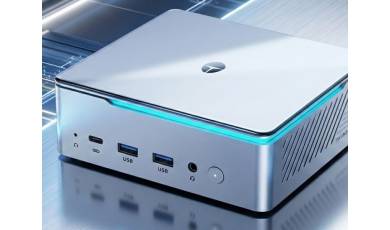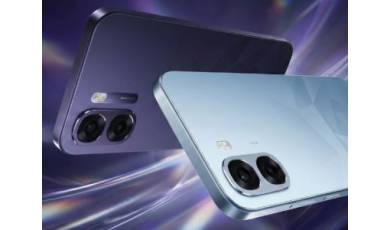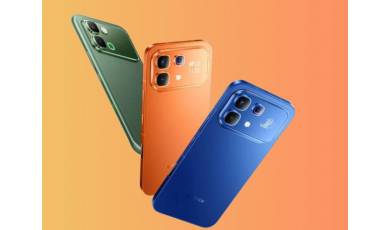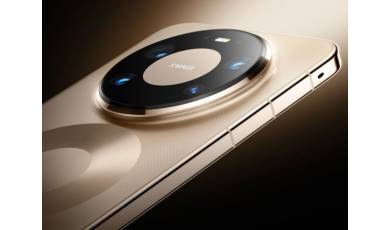Koobee N60 specs.
Mobiles >> Koobee >> Koobee N60| Specifications | Reviews | Secret codes |
| Unlock phone | Root phone |
| Backup | Flash Firmware | Screenshot |
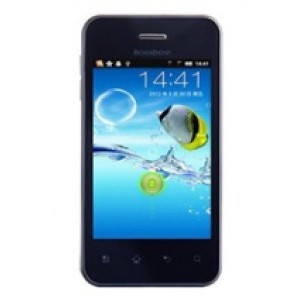
Basic Spec KOOBEE N60
Smart Phone OS: An operating system (OS) is software that interacts between a user and a smartphone.
An operating system (OS) is software that interacts between a user and a smartphone.
Android 2.3 Gingerbread
CPU Speed:
650 MHz
Display KOOBEE N60
Primary display:
TFT 3.5" 480 x 320 pixels HVGA, 165 ppi
Secondary display:
No
Storage KOOBEE N60
RAM: Random Access Memory
Random Access Memory
256 MB
Memory Card:
MicroSD,
Main Camera KOOBEE N60
Primary camera:
3 MP 2048 x 1536 pixels LED flash
Selfie camera KOOBEE N60
Secondary camera:
No
Sound KOOBEE N60
Headphone:
Yes 3.5mm
Network KOOBEE N60
EV-DO:
No
GPRS: General Packet Radio Service
General Packet Radio Service
Yes
GSM:
900, 1800
EDGE:
No
Connectivity KOOBEE N60
Wi-Fi: Wireless lan technology
Wireless lan technology
Yes 0
NFC: Near field communication
Near field communication
No
GPS: Global Positioning System
Global Positioning System
No
Bluetooth: Bluetooth is used to exchange data between nearby mobile devices.
Bluetooth is used to exchange data between nearby mobile devices.
No
HDMI:
No
Hotknot:
No
USB: Universal Serial Bus
Universal Serial Bus
Yes Micro-USB 2.0
Infrared:
No
Battery KOOBEE N60
Capacity:
1400 mAh
Size KOOBEE N60
Dimension:
115 x 60.3 x 12.5 mm
Weight:
137 g
SIM:
Mini-SIM, Dual-SIM
Colors:
black, white
Comments, Questions and Answers about Koobee N60
Ask a question about Koobee N60

